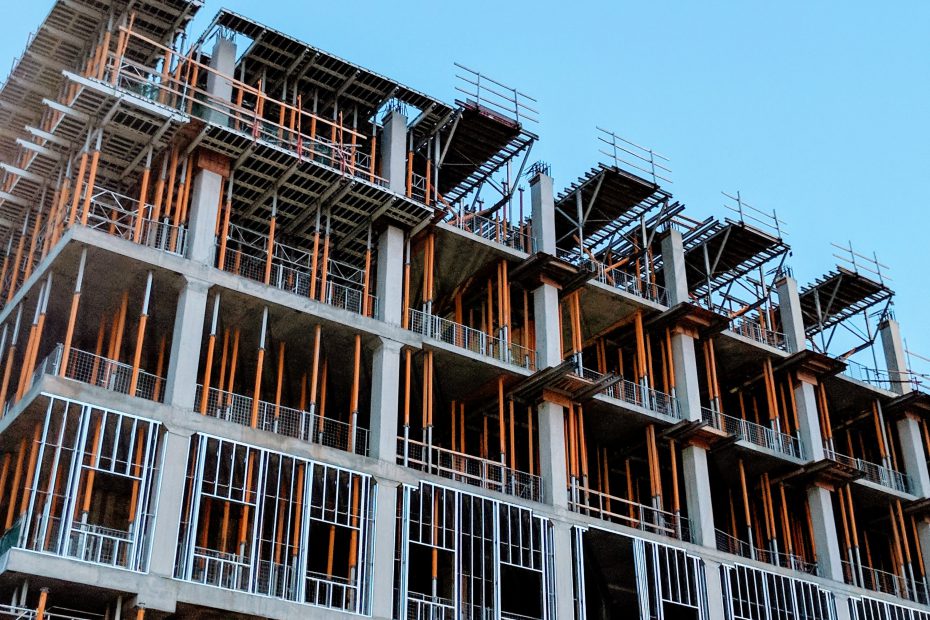The country is in desperate need of housing reform if we are to hit anything close to 300k new homes a year. The BBC covering Keir Starmers speech today certainly sees him talking a good game.
BBC Politics
Sir Keir Starmer will pledge to “build a new Britain” with extra powers for housing and local mayors if Labour wins the next election.
Speaking at the party’s annual conference on Tuesday, the Labour leader will promise to accelerate building on unused urban land.
He will also say Labour would build the “next generation of New Towns” near English cities.
And he will say extra police will guarantee patrols in town centres.
Suggesting Labour is aiming for two terms in power, he will say a Labour victory would herald a “decade of national renewal” after 13 years of Conservative-led government.
“What is broken can be repaired, what is ruined can be rebuilt,” he will tell delegates.
Sir Keir’s speech in Liverpool could be his last before a general election, expected next year, and could be his final opportunity to make a speech to a conference audience setting out his pitch to be prime minister to the country.
In talking of a decade of renewal, he will seek to show his confidence and to evoke memories of post-Second World War PM Clement Attlee by emphasising the theme of rebuilding.
Pat McFadden, Labour’s national campaign co-ordinator, told BBC Breakfast Sir Keir was “assuming nothing”, but was “levelling with the public” about the challenges the country faced.
“What he’s doing is he’s setting out realistically that after 13 years of the Conservatives, it’s going to take time to turn things round.
“He’s saying we can’t solve everything overnight but what we can do is turn the page and begin a process of national renewal,” Mr McFadden added.
The speech, expected to last around an hour, will set out plans for a wave of new towns near England’s cities, echoing those built by the first majority Labour government after World War Two.
The party wants to build an unspecified number of “large-scale” settlements on land acquired by dedicated state-backed companies.
They would have powers to buy land at lower prices, without having to factor in the increase in the value of land for potential planning permission.
Watch: Is the Labour party heading for government?
Sir Keir will say Labour would run a six-month consultation to identify areas with “unmet housing need” suitable for new development.
Local councils will be invited to draw up proposals, with any affordable homes being put towards meeting their local housing targets.
He will also say Labour would rewrite planning rules to set out national standards for five-storey Georgian-style townhouse blocks. Developers would be more likely to be granted planning permission on brownfield sites if they follow them.
‘Hoarders in Westminster’
Elsewhere in his speech, the Labour leader will also say his party would set up more metro mayors outside London with access to enhanced powers.
Local leaders would be required to demonstrate a strong track record in managing public money, with exact plans subject to individual negotiations.
Labour would also seek to upgrade the powers held by existing metro mayors over planning, skills policy and transport to match those held in areas such as the West Midlands and Greater Manchester.
He will say taking on “the hoarders in Westminster” is necessary to take on “the hoarding of potential in our economy”.
In a section on policing, he will say Labour’s plan to recruit more neighbourhood police officers would guarantee patrols for town centres, as part of a plan to crack down on crime and anti-social behaviour.
He will pledge to reverse a 2014 decision to allow people stealing goods worth less than £200 to plead guilty by post – or face the magistrates’ court – which Labour believes has led police to deprioritise low-value shoplifting.
And he will promise to create a standalone offence in England and Wales of assaulting a retail worker, punishable by up to two years in prison.
Labour has promised to fight the next election on the economy, in a sign of increasing confidence generated by its comfortable lead in national opinion polls.
In a move that has disappointed some on the left of the party, it has ruled out wealth taxes to fund public services, and has sought to emphasise it will be responsible with the public finances.
Mr McFadden told BBC Radio 4’s Today programme Labour wanted better public services, but was being “very candid with people” that it could not “just tax your way to the future”.
The party knew it had to generate private investment to achieve the economic growth necessary to improve services, he said.
By Paul Seddon & Henry Zeffman, chief political correspondent
Pat McCreesh, Vantage
